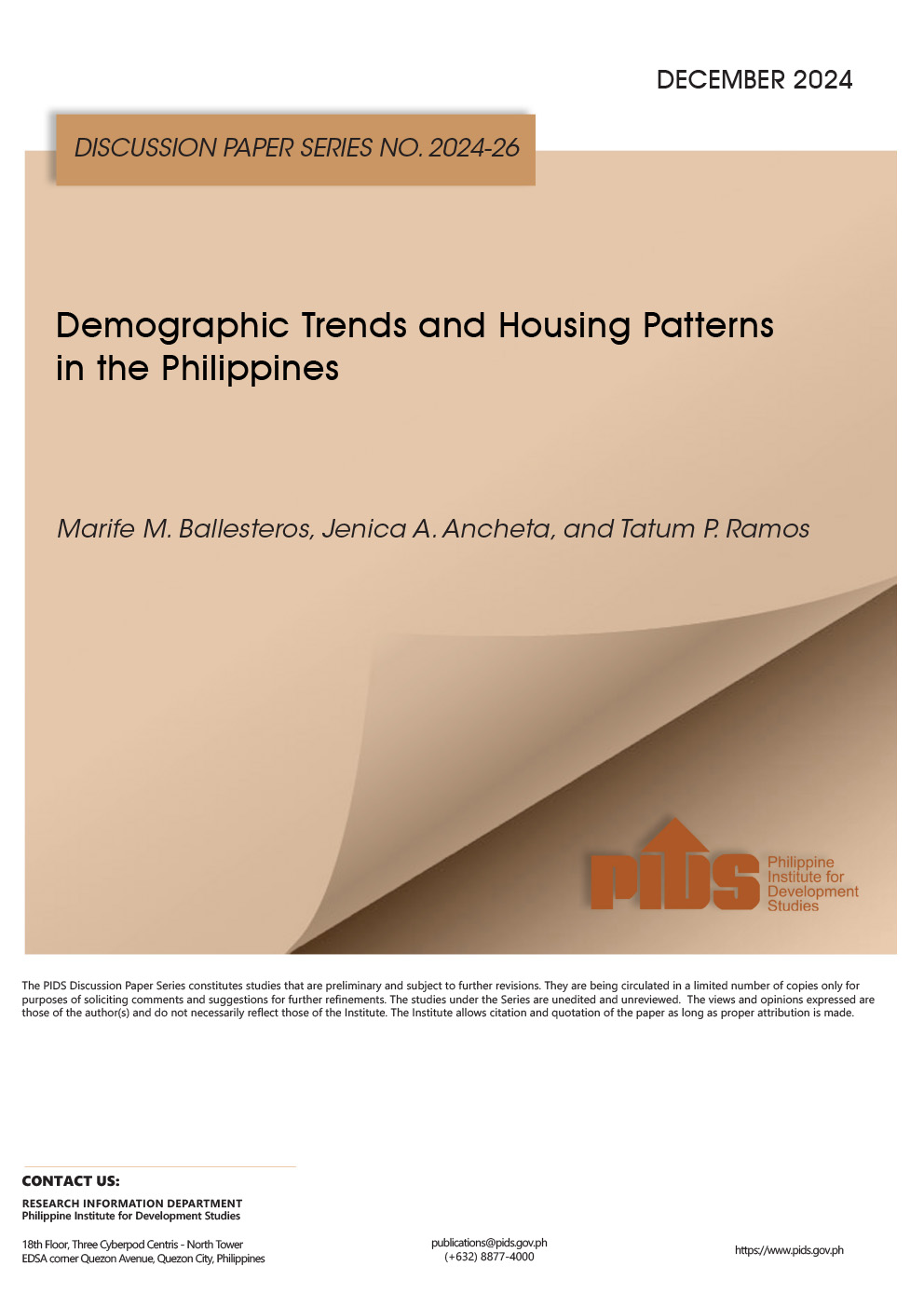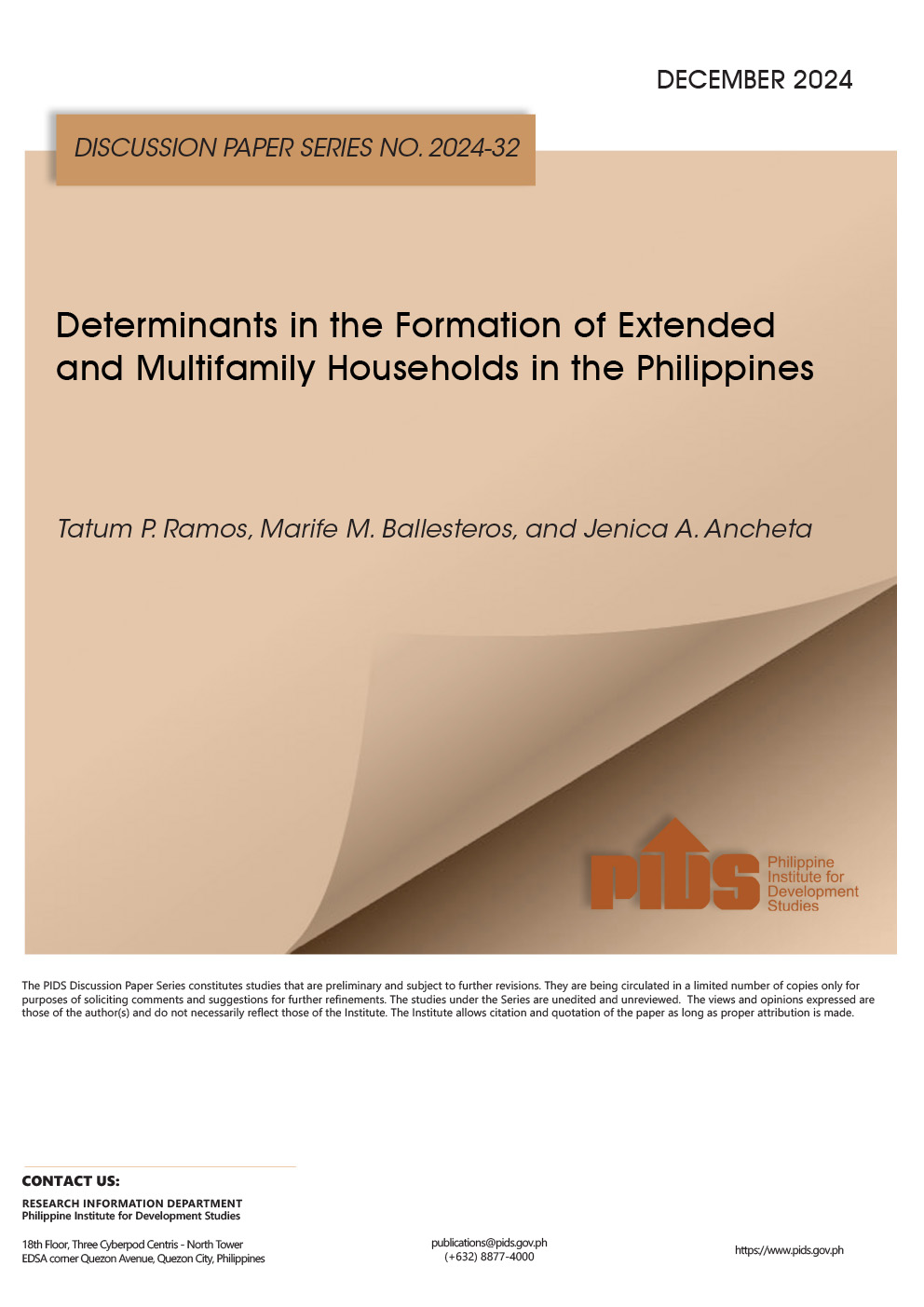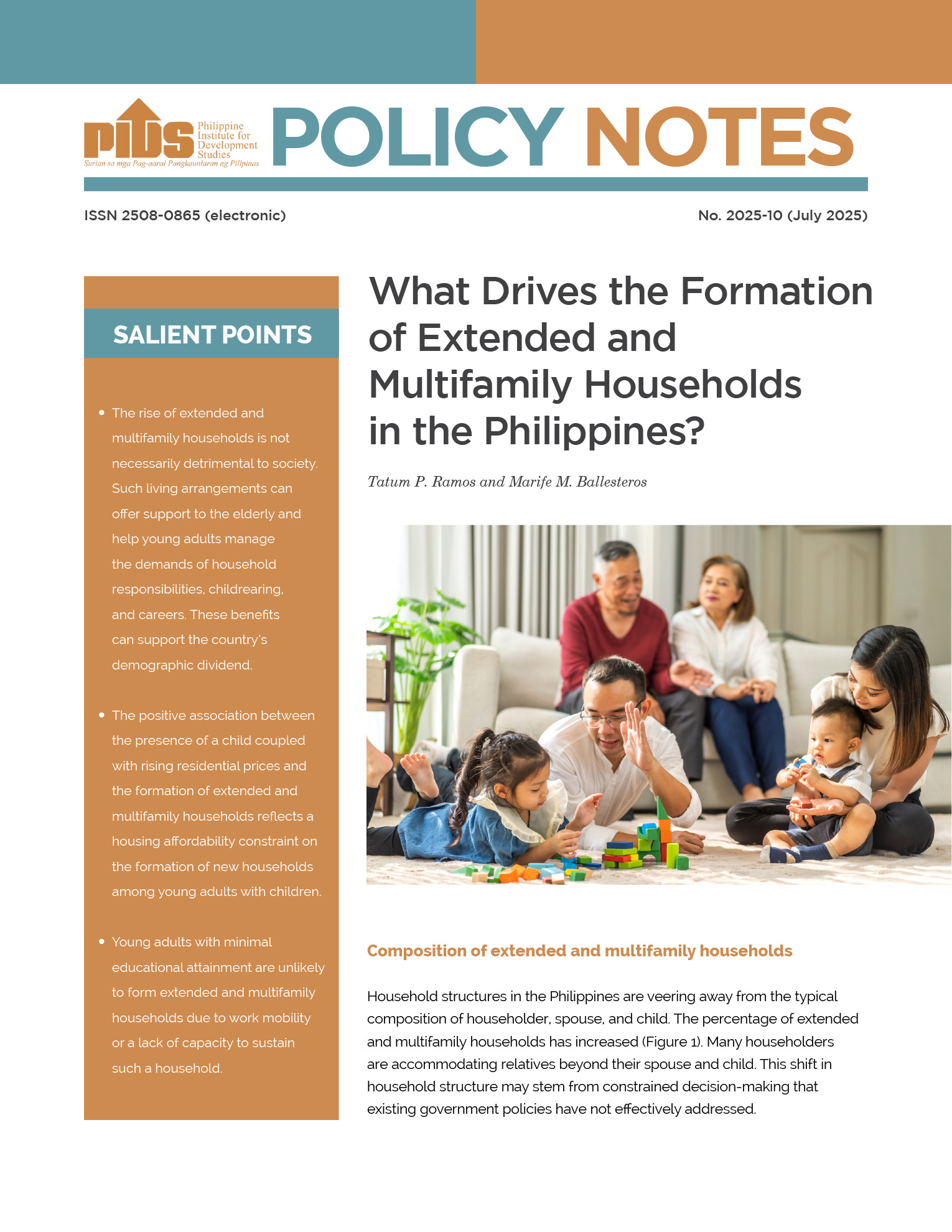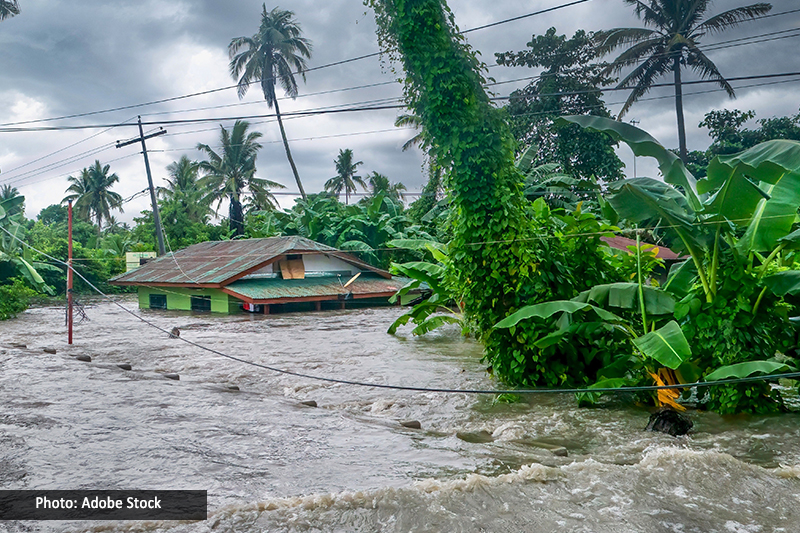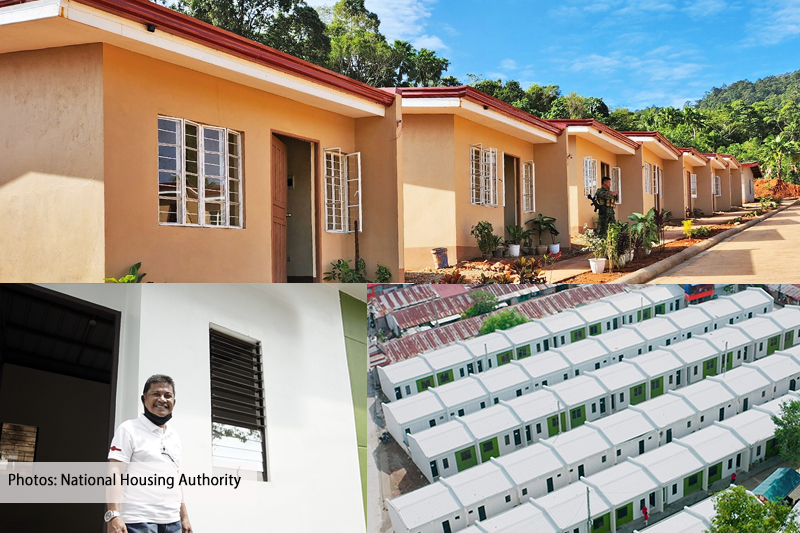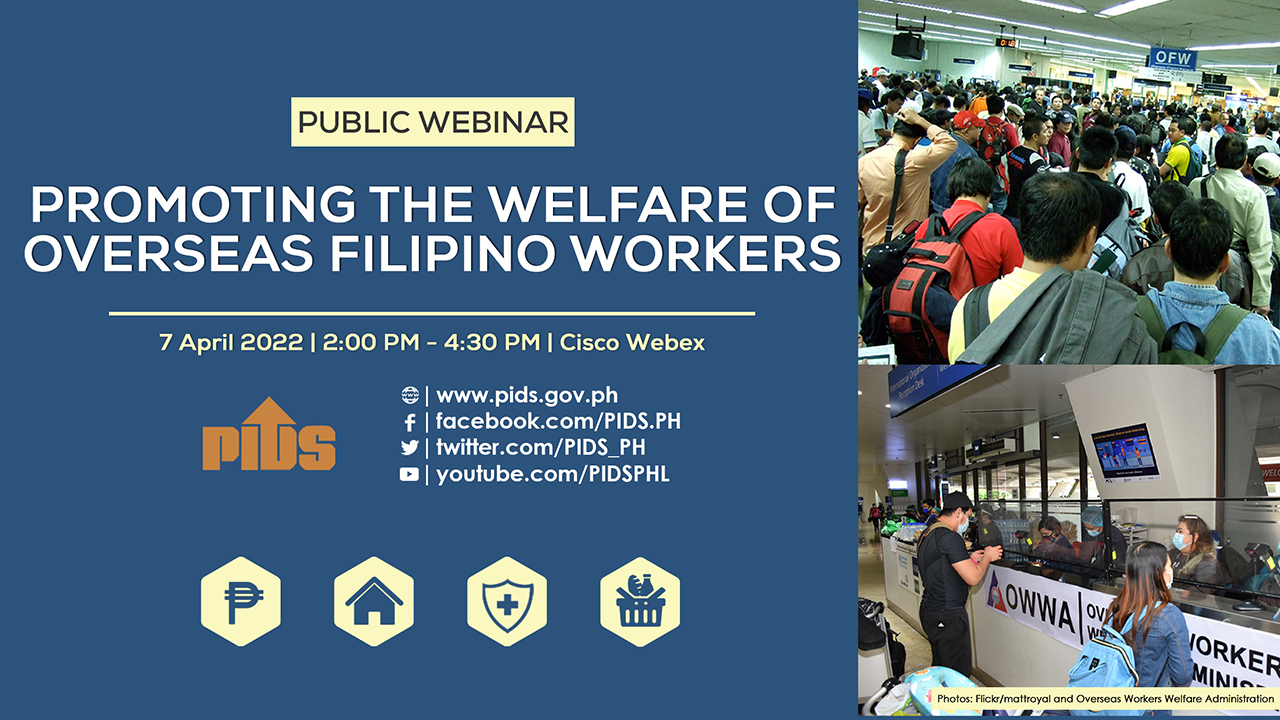Sources from the Armed Forces and Philippine National Police (PNP) recently told media that the militant urban poor group Kalipunan ng Damayang Mahihirap (Kadamay) has been attempting to break into other government housing projects intended for low-salaried members of the uniformed services, perhaps trying to replicate their takeover of 5,278 houses in Pandi and San Jose del Monte in Bulacan last March.
This time they were reportedly looking at an unoccupied government housing project in Laguna that is intended for members of the bureaus of Fire Protection, Corrections and Jail Management and Penology. This is aside from reported attempts by the Kadamay to occupy other government housing projects in Riza
The national government spends billions for new public housing every year. Based on the General Appropriations Act for 2017, the government has allocated P15.363 billion to housing. In 2016 the housing budget was P33.481 billion, and in 2015 it was P29.063 billion.
Apparently, all these billions are not enough, considering Kadamay’s illegal activities and simply because the squatting problem hasn’t been solved. The government has also relocated thousands of poor families living in slums, particularly those in high-risk zones, such as along waterways in Metro Manila, but they keep coming back or others keep taking their place
The government really does not have enough money to relocate all squatters. It has to spend at least P250,000 for relocating every family of squatters, which obviously runs into tens of billions every year.
The Philippine Institute for Development Studies (PIDS) estimated in a 2011 study that there are some four million Filipinos or 580,000 families living in slums, including 105,000 households that reside in disaster-prone areas. In Metro Manila alone, 37 out of every 100 inhabitants live in a slum. Based on casual observation alone, we seriously doubt if the government housing program has been able to significantly cut these figures.
Slum dwellers are extremely exposed to filthy living conditions, constant health risks, and the hazards of harsh climate change. So why do they stay or choose to live in slums?
Because there are no income opportunities elsewhere but in Metro Manila and other cities. Most industries and investments are concentrated in urban centers like Metro Manila, hence, populations flock to them. Production, as our economists like to say, is creation of utility, and where the factors of production are—land, labor, capital—there the people will go.
This is why squatters usually fight tooth and nail, many times literally, to stay where they are. The government is spending billions to relocate them, yet many times it turns out being the bad guy.
Even the tough President Duterte was forced to give the housing units in Bulacan to Kadamay members for free after they refused to leave.
But is relocation really the solution? We do not believe so.
The government would do better to create jobs in the countryside than spend billions on relocation. The administration should focus on rural development to create jobs and services in the countryside and lure people away from Metro Manila and other cities to decongest them.
According to another study done by PIDS, by 2035 the share of urban activities to total production and total employment will increase by 92 percent and 88 percent, respectively, and the service sector will likely be the driver of urban growth in the longer term.
If we can’t disperse economic activity in the countryside, especially in remote regions, we cannot expect to stem the increase of slum-dwelling populations in cities.
Current technologies allow services and manufacturing to be performed anywhere and everywhere. With the right worker education, government incentives and infrastructure, these sectors can thrive outside of cities. And again, dispersing jobs in the countryside is the best way to counteract population congestion in our cities.
As for the squatters, they should also do their part by recognizing the rule of law. All citizens have to recognize the rule of law. And the government must also be able to effectively implement property rights for our country to progress and for business investments to pour in.
This time they were reportedly looking at an unoccupied government housing project in Laguna that is intended for members of the bureaus of Fire Protection, Corrections and Jail Management and Penology. This is aside from reported attempts by the Kadamay to occupy other government housing projects in Riza
The national government spends billions for new public housing every year. Based on the General Appropriations Act for 2017, the government has allocated P15.363 billion to housing. In 2016 the housing budget was P33.481 billion, and in 2015 it was P29.063 billion.
Apparently, all these billions are not enough, considering Kadamay’s illegal activities and simply because the squatting problem hasn’t been solved. The government has also relocated thousands of poor families living in slums, particularly those in high-risk zones, such as along waterways in Metro Manila, but they keep coming back or others keep taking their place
The government really does not have enough money to relocate all squatters. It has to spend at least P250,000 for relocating every family of squatters, which obviously runs into tens of billions every year.
The Philippine Institute for Development Studies (PIDS) estimated in a 2011 study that there are some four million Filipinos or 580,000 families living in slums, including 105,000 households that reside in disaster-prone areas. In Metro Manila alone, 37 out of every 100 inhabitants live in a slum. Based on casual observation alone, we seriously doubt if the government housing program has been able to significantly cut these figures.
Slum dwellers are extremely exposed to filthy living conditions, constant health risks, and the hazards of harsh climate change. So why do they stay or choose to live in slums?
Because there are no income opportunities elsewhere but in Metro Manila and other cities. Most industries and investments are concentrated in urban centers like Metro Manila, hence, populations flock to them. Production, as our economists like to say, is creation of utility, and where the factors of production are—land, labor, capital—there the people will go.
This is why squatters usually fight tooth and nail, many times literally, to stay where they are. The government is spending billions to relocate them, yet many times it turns out being the bad guy.
Even the tough President Duterte was forced to give the housing units in Bulacan to Kadamay members for free after they refused to leave.
But is relocation really the solution? We do not believe so.
The government would do better to create jobs in the countryside than spend billions on relocation. The administration should focus on rural development to create jobs and services in the countryside and lure people away from Metro Manila and other cities to decongest them.
According to another study done by PIDS, by 2035 the share of urban activities to total production and total employment will increase by 92 percent and 88 percent, respectively, and the service sector will likely be the driver of urban growth in the longer term.
If we can’t disperse economic activity in the countryside, especially in remote regions, we cannot expect to stem the increase of slum-dwelling populations in cities.
Current technologies allow services and manufacturing to be performed anywhere and everywhere. With the right worker education, government incentives and infrastructure, these sectors can thrive outside of cities. And again, dispersing jobs in the countryside is the best way to counteract population congestion in our cities.
As for the squatters, they should also do their part by recognizing the rule of law. All citizens have to recognize the rule of law. And the government must also be able to effectively implement property rights for our country to progress and for business investments to pour in.

